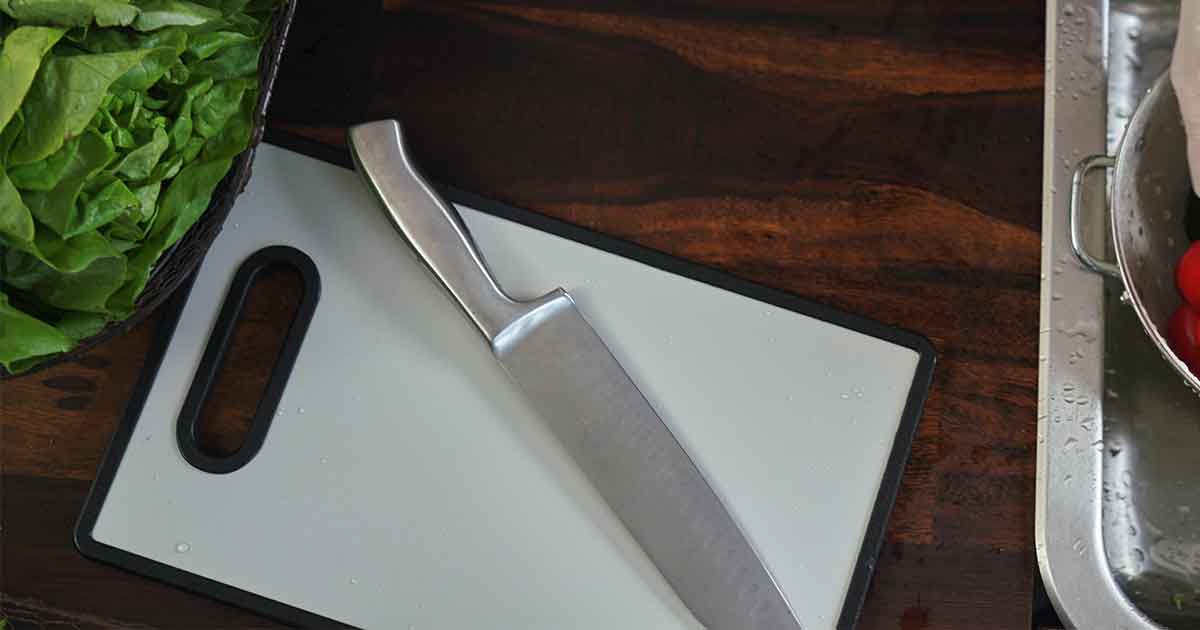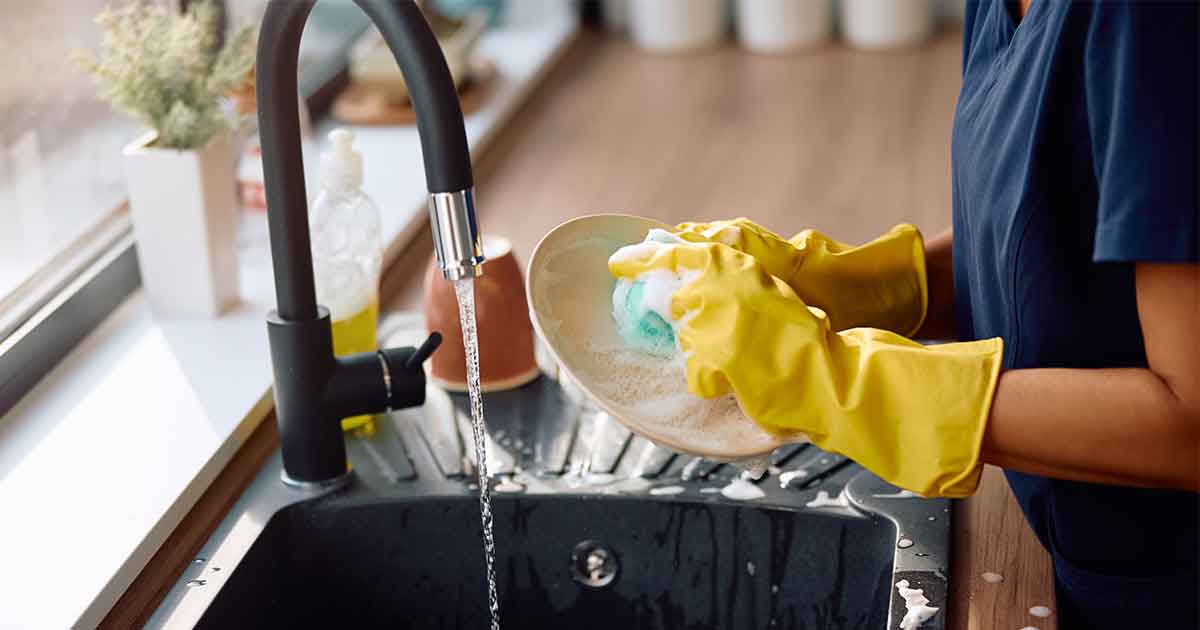True Cellular Formulas Team - May 31, 2023
The Hidden Danger in Your Kitchen
Heavy Metals in Household Spices

Unseen Health Threats in your Spice Rack
While you may enjoy experimenting with various herbs and spices to enhance the flavors of your meals, there's an unexpected danger lurking in your pantry that you should be aware of. Surprisingly, it is the very same spices that we often use in our everyday cooking that may harbor unsafe levels of heavy metals, including lead and arsenic.
A comprehensive study conducted by Consumer Reports revealed alarming levels of heavy metals in 40 out of 126 tested products, raising significant health concerns.[1] The analysis included widely used spices and herbs from major retailers such as Walmart and Trader Joe's, covering prominent brands like McCormick, as well as private labels and popular regional names like Penzeys based in Wauwatosa, Wisconsin.
The Dangers of Heavy Metal Exposure
Heavy metals are toxic substances that our bodies cannot break down or eliminate effectively.[2] This results in their accumulation in our system, potentially interfering with crucial physiological functions.
One especially concerning impact is that of lead exposure on children's development. Children exposed to lead are at risk of experiencing behavioral problems and lower IQ, as the toxic metal is known to disrupt brain development.[3] In adults, lead can induce issues ranging from central nervous system problems to reproductive issues, hypertension, kidney damage, and impaired immune function.[4]
Pinpointing Problematic Spices
Consumer Reports implemented a meticulous testing strategy, examining multiple samples for each of the 126 products from 38 brands.[1] The results were then categorized based on the degree of concern: no concern, some concern, moderate concern, and high concern.
The spices identified as moderate or high concern include La Flor Ground Oregano, La Flor Ground Turmeric, Happy Belly (Amazon) Ground Thyme, Spice Islands Sweet Basil, and Tone's Ground Thyme. Besides these, 35 other spices were noted to have some level of concern regarding lead content.[1]
Several categories of herbs or spices, including basil (except Simply Organic), ginger (except Simply Organic), oregano, and thyme, consistently showed problematic ratings. On a brighter note, some categories, such as black pepper, coriander, curry powder, garlic powder, saffron, sesame seed, and white pepper, demonstrated little to no issues.[1]
The Roots of Contamination
But why do herbs and spices contain heavy metals in the first place? According to the scientists at Consumer Reports, the answer lies in three areas. Firstly, plants can absorb lead from the soil and groundwater where they grow. Secondly, heavy metals may contaminate herbs and spices during processing on factory machinery. Lastly, some manufacturers outside the U.S. may add lead to enhance color, a practice reminiscent of the use of lead in paints and pigments centuries ago.[1]
Safeguarding Your Kitchen: Steps to Ensure Your Spices Are Safe
Preventive Measures
In light of these findings, it's crucial for consumers to approach their choice of spices and herbs with a degree of caution. Certain spices, such as basil and oregano, which have shown consistent contamination, should be used sparingly if you cannot source from a safe brand.
Consumer Reports also recommend growing your own herbs and spices to guarantee their safety. The Center for Agriculture, Food, and Environment at the University of Massachusetts offers guidelines on how to grow safer produce by minimizing lead exposure in your garden.[5]
Growing Your Own Spices: Reducing Lead Exposure
Recommendations for growing safer produce include locating gardens away from old painted structures and heavily trafficked roads, prioritizing fruiting crops, incorporating organic materials into the soil, and maintaining a soil pH of 6.5 to 7.0 to minimize lead availability.[1]
Moreover, following simple hygienic practices such as washing hands after gardening and before eating, removing outer leaves from leafy vegetables, peeling root crops, and washing all produce thoroughly can help reduce lead exposure. To further protect the garden from airborne particulates, it's advisable to use a fence or hedge, keep dust to a minimum, and maintain a well-mulched, vegetated, or moist soil surface.
If you're uncertain about the safety of your soil, simple soil test kits are available that can determine heavy metal content.
Being proactive and taking these steps can help ensure the safety of the herbs and spices in your kitchen, contributing to the health and well-being of your family.
Making Informed Decisions: Shopping for Safer Spices
Consumers should approach their spice shopping with a critical eye, armed with the knowledge of potential contamination. Brands and products identified with problematic heavy metal levels should be avoided when possible. At the same time, consider opting for certified organic products, as they are typically subject to more rigorous testing and have stricter regulations regarding contamination. However, bear in mind that "organic" doesn't guarantee "heavy metal-free.[6]" Hence, the safest bet would be to diversify your spice brands and sources to mitigate the risk of heavy metal exposure.
Summary: Ensuring a Healthier Kitchen
The surprising presence of heavy metals in many common household spices is a growing concern that deserves our attention. A study by Consumer Reports identified several spices with concerning levels of heavy metals, particularly lead, which poses significant health risks.[1]
These toxins, when ingested regularly even in small amounts, can accumulate in the body and interfere with various physiological functions. Most vulnerable are children, as lead exposure can hinder their brain development and cause behavioral issues.
The contamination mainly stems from the absorption of heavy metals from the soil and groundwater by the plants, leaching during factory processing, and deliberate addition by some manufacturers to enhance color.
Preventive measures include being discerning when purchasing spices, using certain problematic spices sparingly, and growing your own herbs and spices. By following recommended guidelines for reducing lead exposure in gardening and maintaining good hygiene practices, consumers can significantly minimize the risk. Testing your soil for heavy metals is another step towards ensuring a safer kitchen and a healthier life for you and your loved ones.
- Gill, Lisa L. “Your Herbs and Spices Might Contain Arsenic, Cadmium, and Lead.” Consumer Reports, www.consumerreports.org/health/food-safety/your-herbs-and-spices-might-contain-arsenic-cadmium-and-lead-a6246621494/.
- Jaishankar, Monisha et al. “Toxicity, mechanism and health effects of some heavy metals.” Interdisciplinary toxicology vol. 7,2 (2014): 60-72. doi:10.2478/intox-2014-0009
- Sanders, Talia, et al. “Neurotoxic effects and biomarkers of lead exposure: a review.” Reviews on environmental health vol. 24,1 (2009): 15-45. doi:10.1515/reveh.2009.24.1.15
- “Lead Poisoning.” World Health Organization, www.who.int/news-room/fact-sheets/detail/lead-poisoning-and-health.
- “Soil Lead Fact Sheet.” Center for Agriculture, Food, and the Environment, 31 Mar. 2020, ag.umass.edu/soil-plant-nutrient-testing-laboratory/fact-sheets/soil-lead-fact-sheet.
- ConsumerLab.com. “USDA Organic Seal & Heavy Metal Testing in Supplements.” ConsumerLab.Com, 12 Aug. 2022, www.consumerlab.com/answers/usda-organic-seal-on-supplements-heavy-metals/usda-organic-seal/.



